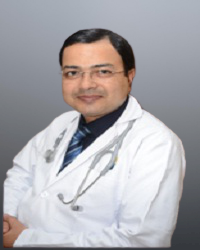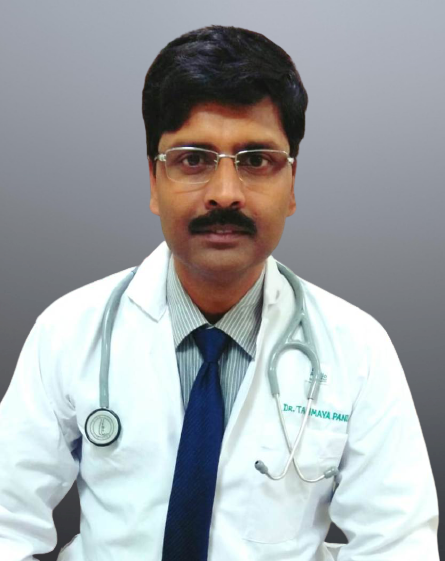Conditions for Which an Incisional Hernia Surgery is Performed:
Doctors for hernia surgery advise it to address several conditions effectively. Here are some common indications for the procedure:
-
Incisional Hernia: This procedure treats hernias where tissue protrudes through a surgical incision, causing a bulge.
-
Persistent hernias: If untreated, they can cause discomfort, making surgery the best choice.
-
Symptomatic Hernia: It alleviates pain, discomfort, or mobility issues caused by the hernia.
-
Large Hernias: These pose health risks, requiring surgical intervention.
-
Complications: Surgery prevents serious issues like the hernia getting trapped (incarcerated) or its blood flow being restricted (strangulated).
How is an Incisional Hernia Surgery Conducted at Apollo Hospitals in Bhubaneswar?
Incisional hernia doctors conduct the procedure following several key steps:
-
Preparation: The patient is given local or regional anaesthesia.
-
Incision: A small incision is made at the hernia site to access the abdominal cavity.
-
Hernia Reduction: The herniated tissue is carefully pushed back into its place.
-
Mesh Placement: A mesh is inserted to reinforce the abdominal wall and prevent hernia recurrence.
-
Closure: The incision is sealed using either sutures or staples.
How to Choose the Best Specialist for Incisional Hernia Surgery in Bhubaneswar:
Choosing a skilled hernia repair doctor is key when considering incisional hernia surgery. Patient health and recovery largely depend on the proficiency of the surgeon.
The best hernia repair surgery doctors in Bhubaneswar bring a wealth of experience and extensive knowledge to the table. Here, patients can expect top-notch care and a patient-centred approach.
Why Plan Your Incisional Hernia Surgery With Apollo Hospitals?
At Apollo Hospitals in Bhubaneswar, incisional hernia surgery is performed by seasoned hernia repair doctors. These specialists boast a successful track record in conducting numerous incisional hernia surgeries throughout their careers.
At Apollo Hospitals, patients find world-class facilities and advanced technology for precise surgeries. They offer all-inclusive care, from initial consultations to follow-ups. Choosing Apollo Hospitals ensures access to top incisional hernia doctors for efficient medical care.









 Call Now
Call Now



